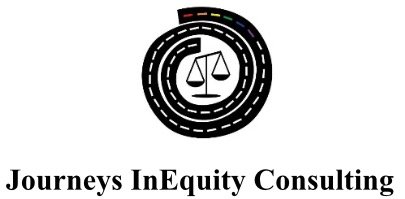
Anti-Oppression 101
Anti-Oppression 101 (Up to 4 hours):
An interactive session designed to introduce participants to concepts and topics related to anti-oppression – including equity, power, privilege, oppression and intersectionality.
Activities will be used to illustrate ways oppression operates within Canadian institutions, including within professional positions, organizations and industries.
This session encourages opportunities for critical reflection, accountability and growth to build competency around diverse, equitable and inclusive ways of improving policies, practices, procedures and interactions.
Topics Covered:
Oppression-related concepts and terminology
Exploring the ways oppression operates on multiple levels – including internalized, interpersonal and institutional
Impacts of colonialism on systems of oppression – including racism, sexism, ableism, heterosexism, cissexism, classism and more
Improving workplace trust through accountability and transformative justice
Embedding an anti-oppressive lens into professional practice
Outcomes and Takeaways:
Knowledge sharing opportunities
Ability to position oneself through forms of privilege and marginalization, exploring how this influences worldviews and decision-making
Strengthening and applying intersectional and anti-oppressive approaches through professional practice
Text and media resources to support current and continued learning

Anti-Oppression 201
Anti-Oppression 201 (Up to 4 hours):
Prerequisite: Anti-Oppression 101 or Microaggressions & Unconscious Bias
An in-depth session focused on strategic planning and the practical application of anti-racist perspectives to integrate and embed within policies, practices and procedures in alignment with an organization’s mission, values and vision.
This session is an excellent prerequisite for organizations seeking a deeper understanding of how to improve metrics around recruitment, retention, promotions, colleague and client interactions, or for organizations preparing to design an Anti-Oppression Strategy or Anti-Oppression Action Plan.
Topics Covered:
Exploring the impact of power dynamics within professional roles
Forward thinking actions and strategies to improve equity, diversity and inclusion
Aiming further than compliance – striving to meet more than just the minimum standards of the Ontario Human Rights Code and Accessibility for Ontarians with Disabilities Act
The importance of a diverse array of Employee Resource Groups
Outcomes and Takeaways:
Ability to integrate and embed anti-oppressive principles within policies, practices, procedures and interactions
Greater competency to identify, measure and dismantle systemic barriers to equity and inclusion
A deeper understanding of how to intentionally attract and engage with diverse, underserved and underrepresented populations
